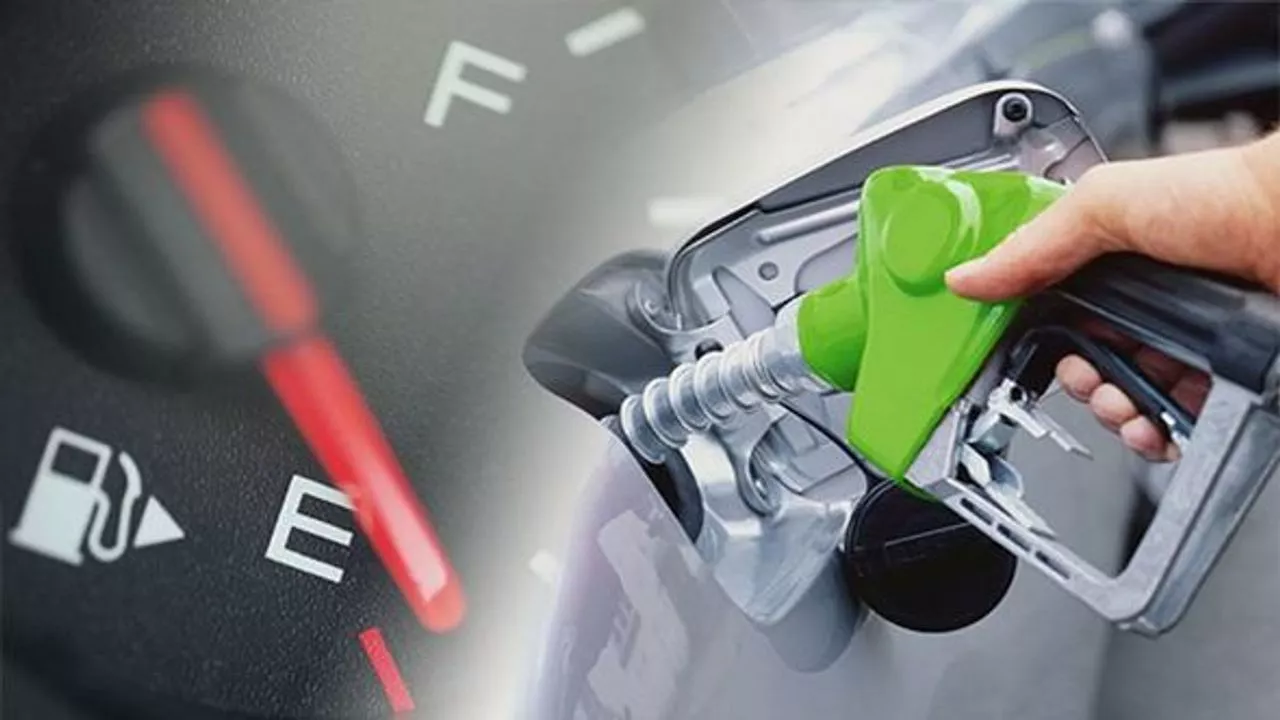Understanding Racing Fuel
Before we delve into whether or not you can use racing fuel in your car on a daily basis, let's first understand what racing fuel is. Racing fuel is a type of fuel that is specially designed for high-performance vehicles. It contains a higher octane rating than regular fuel, which allows it to withstand higher temperatures and pressures inside the engine. This makes it ideal for high-speed, high-intensity driving scenarios, like a car race. However, it's important to note that not all cars are designed to handle racing fuel.
Is Racing Fuel Suitable for Daily Driving?
For most drivers, the answer is no. Racing fuel is designed for specific conditions that your everyday car simply does not encounter. Using racing fuel in a regular car can lead to a number of problems, including damage to the engine, reduced fuel efficiency, and unnecessary costs. Unless you're driving a high-performance sports car or a modified race car on a daily basis, there's really no need to use racing fuel.
Understanding Your Car's Octane Requirement
Every car has a specific octane requirement. This is basically the minimum octane rating that the manufacturer recommends for your car. If you use a fuel with a lower octane rating, your engine could knock, which can cause serious damage over time. On the other hand, using a fuel with a higher octane rating than recommended is usually not beneficial. Your car won't perform any better, and you'll just be wasting money.
The Effects of Racing Fuel on Regular Engines
Using racing fuel in an engine that's not designed for it can cause a number of issues. First, it can lead to carbon build-up. This is because racing fuel burns at a much higher temperature than regular fuel, which can lead to carbon deposits forming on the engine's valves and pistons. Over time, this can cause your engine to lose power and efficiency. It can also lead to engine failure in severe cases.
Cost Implications of Using Racing Fuel
Another major factor to consider is cost. Racing fuel is significantly more expensive than regular fuel. Using it on a daily basis could increase your fuel costs dramatically. Additionally, the potential for engine damage could also lead to costly repair bills. Therefore, unless your car specifically requires it, using racing fuel is generally not a cost-effective option.
Legal Aspects of Using Racing Fuel
It's also important to consider the legal aspects of using racing fuel. In many places, racing fuel is not approved for use on public roads. This is because it often contains lead, which is harmful to the environment. Using racing fuel in a non-race car could lead to fines or other penalties.
Racing Fuel Alternatives for Better Performance
If you're looking to improve your car's performance, there are alternatives to using racing fuel. One option is to use a higher octane fuel that's still suitable for your car. Another is to make modifications to your car that can improve its performance. These can include things like installing a high-performance air intake or exhaust system, or tuning your car's engine.
Final Thoughts
While the idea of using racing fuel in your everyday car might sound exciting, it's usually not a good idea. Racing fuel is designed for specific conditions that most cars simply do not encounter. Using it in a regular car can lead to engine damage, reduced fuel efficiency, and unnecessary costs. Unless you're driving a high-performance sports car or a modified race car on a daily basis, it's best to stick with the fuel that your car's manufacturer recommends.
Your Questions Answered
I hope this article has answered your questions about using racing fuel in your car on a daily basis. If you have any other questions, feel free to ask. Remember, it's always best to use the fuel that your car's manufacturer recommends. Using the wrong type of fuel can lead to engine damage and other problems, so it's always best to play it safe.
